Tidbits - September 28, 2017 - Reader Comments: Support for Colin; MLK - also called `Disruptive'; Youth Football Players Kneel; My Flag - A poem; Puerto Rico Calamity; Women's Health; Police Unions; Cuba travel; Resources; Announcements; and more....
Portside
 Reader Comments: From Louis Armstrong to the NFL - Michael Meeropol remembers; MLK was also called `Disruptive' and an `Agitator'; Eight-Year Old Football Players Kneel; My Flag - A poem by Seymour Joseph; Puerto Rico Calamity; Reproductive Health Care; Police Unions; Brazil; Resources; Announcements; and more....
Reader Comments: From Louis Armstrong to the NFL - Michael Meeropol remembers; MLK was also called `Disruptive' and an `Agitator'; Eight-Year Old Football Players Kneel; My Flag - A poem by Seymour Joseph; Puerto Rico Calamity; Reproductive Health Care; Police Unions; Brazil; Resources; Announcements; and more....


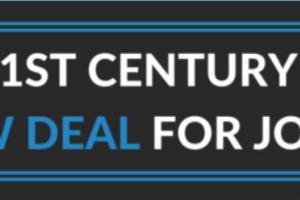


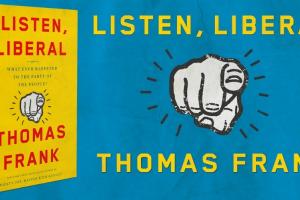

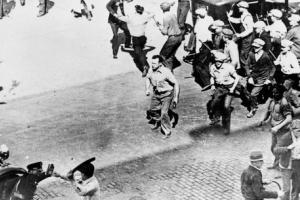
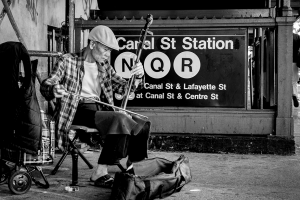
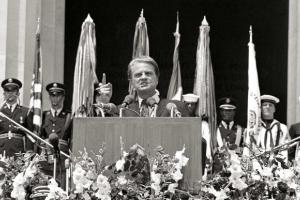
Spread the word